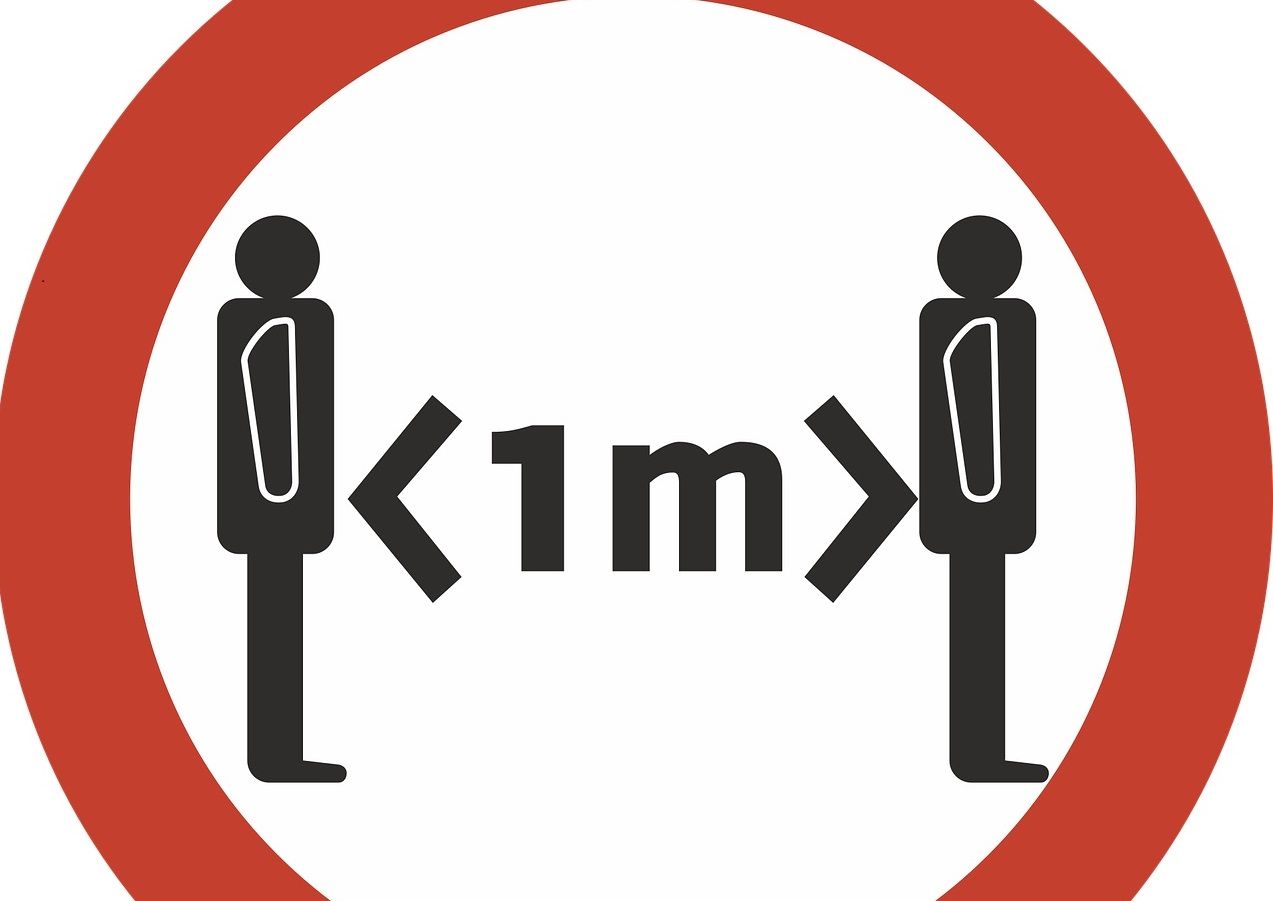When Denmark became one of the first countries in the world to lock down in the face of the Coronavirus Crisis, there was much praise for the government.
But now, a few months later, a new report has revealed that perhaps the Danes aren’t as pleased with government COVID-19 guidance as before.
The report, compiled by researchers from Aarhus University, has concluded that the Danes view the government coronavirus direction as less effective, more costly and more difficult to adhere to.
“Suddenly, within the past couple of weeks, a change in people’s perception of the health recommendations has occurred,” Michael Bang Petersen, one of the researchers behind the report, told DR Nyheder.
READ ALSO: Recovered COVID-19 patients remain susceptible to contracting infection: study
Mixed messages
While the Danes still believe the recommendations to be important, the data reveals several changes in mentality, including scepticism about the health authority’s ability to act, doubtfulness about the effectiveness of some measures, and concerns about the rising costs associated with following their lead.
The report is based on a survey of 500 people every day over the period between May 13 and September 20.
“We can see the lowest number of people actually feeling that they know how to act as a citizen in connection with the coronavirus,” said Petersen, referring to the ‘social bubble’ confusion involving State Serum Institute (SSI) representative Kåre Mølbak at the government press conference last week.
Two days later, the Sundhedsstyrelsen health authority said Mølbak’s statement was not official advice and underlined that the Danes should take direction from the authority and not SSI.















